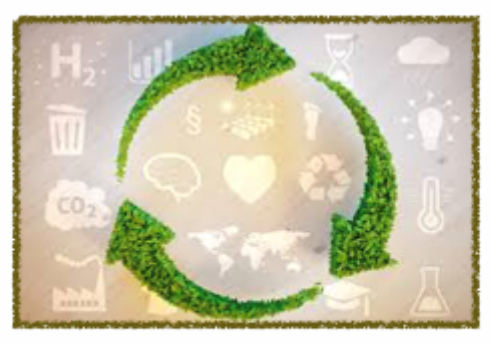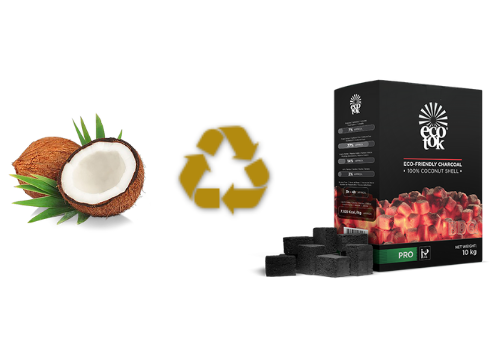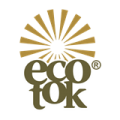
The circular economy breakthrough
Industrialised products had for a long time a very similar life cycle: extraction of raw materials from nature, manufacture, use and disposal. This cycle is called Linear Economics by economists. Such a model has prevailed since the beginnings of industrialisation and has helped to shape the habits of consumers around the world.
With the scarcity of many natural resources, directly and indirectly impacting climate change, the consequent need to recycle has given rise to another model: the Circular Economy. Basically, this model uses the disposal of products that are used as raw material for the manufacture of new products.
The concept was coined in the 1970s, but it is only with the scarcity of natural resources, increasingly impacting our daily lives, that Circular Economy has now become a competitive differentiator for companies in various segments.
Ecotok is a classic example of how an entire cycle generates less environmental impact, since the use of coconut husk, once discarded in nature generating serious damage to the soil, now serves as raw material in the manufacture of a superior quality and eco-friendly charcoal.
THE CONCEPT IS WIDESPREAD IN EUROPE
The promotion of an industrial model based on the reuse of inputs is today one of the main pillars of the European Green Deal, the European commitment to sustainable development.
It was with the Circular Economy and the European potential that this concept could bring to business in mind that Ecotok emerged in 2009 in France. Nowadays the brand focuses its marketing efforts even on the French restaurant segment that uses barbecue. But, it is not the only sector, since the habit of barbecuing has long been widespread in the lives of people in many countries.
“Being in a sector that involves gastronomy and entertainment, delivering an eco-friendly product with attributes superior to traditional ones, is a delightful and pleasurable challenge,” says one of the partners of the Ecotok brand.
It is worth mentioning that Ecotok also provides substantial savings, around 2/3 of the amount used with traditional charcoal. All this, with no odor and virtually no smoke and less residual ash. Health and practicality. Not to mention the packaging, which with the same weight as a traditional charcoal, takes up 1/3 of the space. Logistical Efficiency.
Irresponsible consumption of products and raw materials was the standard of the Linear Economy, but increasingly it will be replaced with the efficiency and need to do more with less provided by the Circular Economy in the life of companies and people. Whether European or not.

in the manufacture of an eco-friendly, premium charcoal.
